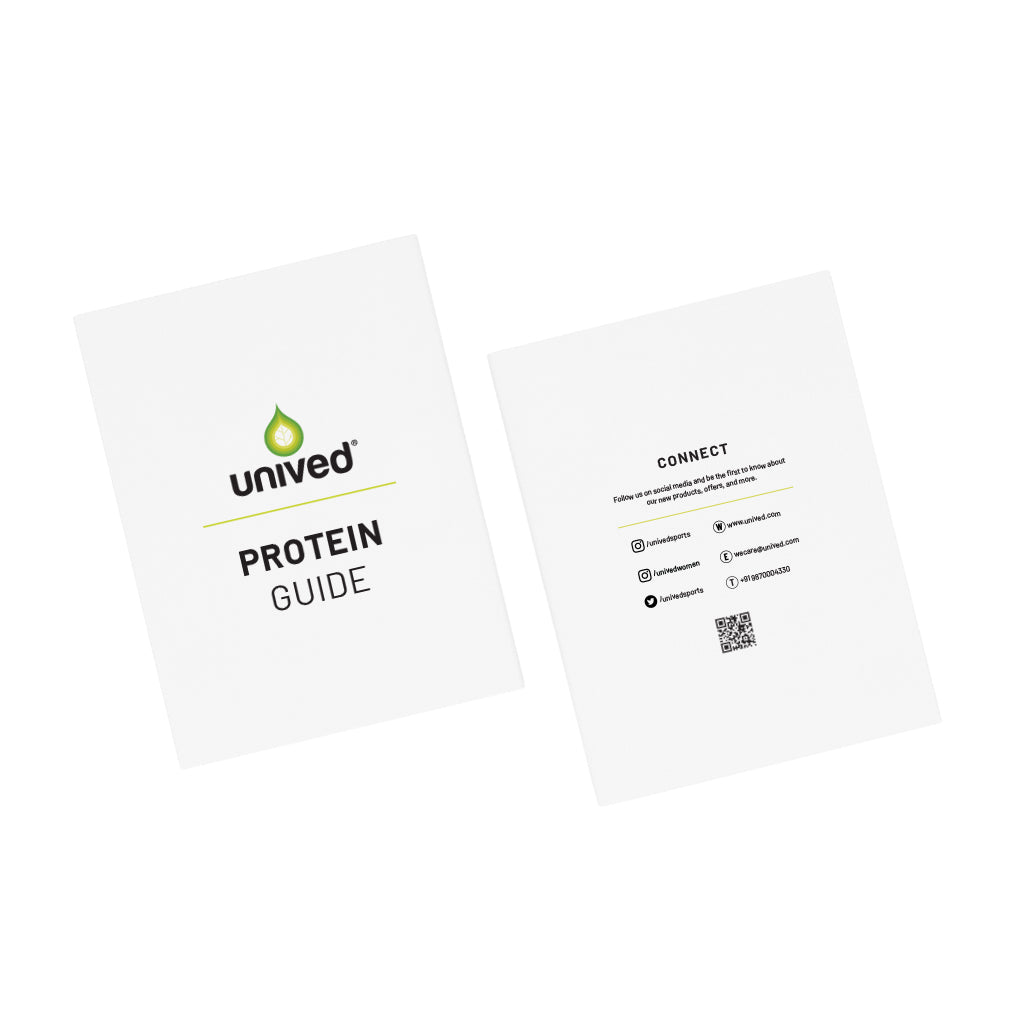Protein is a very large nutrient that’s made up of smaller
substances called amino acids and they are one of the most important substances
in your body that helps to repair and maintain your body tissues.
For example, our muscles are formed from an intricate matrix
of protein fibers. Every flex, every bench press, and every movement of our
muscles is the result of these protein fibres working in synchronicity. These
muscle fibres are in a high state of dynamic motion in athletes and active
individuals as they are constantly broken down and rebuilt during exercise.
After intense workouts, the body is starved for protein, and in the absence of
additional protein intake, the body may start to leach protein away from
muscles, thus athletes and active individuals have higher requirements of
protein, as the body needs the building blocks to recover from this muscle
damage and initiate the process of building new muscle.
Supplementation with a suitable and complete protein source
helps hinder this breakdown of muscle protein, enabling individuals to retain
and build lean muscle mass and promotes adaptations in response to training and
facilitates the replenishment of energy stores and glycogen in muscle
post-exercise. Additional protein intake is also key to comprehensive muscle
recovery after endurance activities – studies have shown that protein aids in
the repair of muscle damage induced by high-intensity exercise [1].
Now, we know that builders and athletes need extra protein
to cope with body requirements. But our body is not equipped to naturally break
down and optimize the large amounts of protein. Excess protein that goes
undigested in the small intestines could move into the colon where bacteria
will break it down, creating ammonia that is difficult to neutralize and may
build up over time. And while the body can handle small amounts of ammonia,
large amounts of protein can produce more ammonia than the body can handle on
its own, leading to compromised immune systems and even cell damage. Some
common symptoms associated with undigested protein include gas, bloating, and
diarrhea. The solution lies with enzymes that can break down food particles
into an appropriate size for digestion. The problem is that enzymatic activity
naturally decreases with age. Today’s diet is largely devoid of enzyme activity
since enzymes are typically destroyed by food preparation and processing
techniques that involve high temperatures. Supplementation with enzymes is one
way to meet the digesting demands of high protein.
Unived Pea Protein Isolate offers a complete source of
protein with natural digestive enzymes to make sure that the protein is easily
digested and available to the body for absorption and utilization.
Our Formulation
Unived Pea Protein Isolate is a completely vegetarian and
vegan formulation that offers
30 grams of plant-based pea protein from yellow peas which
have
- 5.45 grams of naturally occurring BCAAs per serving and a
complete amino acid profile and 8.8 % of arginine per serving – the highest
among all protein sources.
Pea protein has a high PDCAAS score of 0.93 which means it
scores high on both – the quality of the protein, and the digestibility.
It also offers a natural digestive enzyme blend that has
- Alpha-amylase and acid protease from Aspergillus (fungal
source). - Neutral protease from Bacillus (bacterial source).
- Papain from papaya which is a plant source.
All these digestive enzymes act at different pH and are
temperature stable.
Unived Protein is Non-GMO, sugar-free, hypoallergenic,
cholesterol-free, dairy-free, gluten-free, and soy-free supplement.
Mode of Action:
- Pea Protein Raw: Helps build lean muscle mass and aids
muscle recovery. - BCAAs: Promote muscle growth and repair after strenuous
activities like resistance training. They also promote energy metabolism as
they are the only amino acids that are oxidized for energy during exercise [3].
Increase the release of human growth hormone – creating a favourable
environment in the muscles for protein anabolism and muscle growth [3]. - Arginine: Initiates protein synthesis and muscle growth.
Promotes nitric oxide resulting in better muscle pumps and superior performance
during high-endurance training [4]. Also reinforces the body’s immune system –
which means better recovery after exercise, and protection against oxidative
stress and inflammation resulting from aerobic exercise. [4] - Glutamine: Replenish the nitrogen balance in the body
leading to the growth of new muscle – rather than the burning of muscle tissue
[5]. - Lysine: Increase the absorption of calcium by muscles, and
aids in muscle recovery. - Natural digestive enzymes: Initiate the digestion of protein
and hydrolyzes them to a small polypeptide for better digestibility,
absorption, and utilization.
References:
1. Protein
Supplementation in Athletes,
httpp://www.sportsmd.com/sports-nutrition/protein/protein-supplementation-athletes.
2. Armsey
Jr, Thomas D., and Todd E. Grime. "Protein and amino acid supplementation
in athletes." Current Sports Medicine Reports 1.4 (2002): 253-256.
3. Shimomura,
Yoshiharu, et al. "Exercise promotes BCAA catabolism: effects of BCAA
supplementation on skeletal muscle during exercise." The Journal of
nutrition 134.6 (2004): 1583S-1587S.
4. Maxwell,
Andrew J., et al. "L-arginine enhances aerobic exercise capacity in
association with augmented nitric oxide production." Journal of applied
physiology 90.3 (2001): 933-938.
5. Castell,
Linda M., and Eric A. Newsholme. "The effects of oral glutamine
supplementation on athletes after prolonged, exhaustive exercise."
Nutrition 13.7-8 (1997): 738-742.






